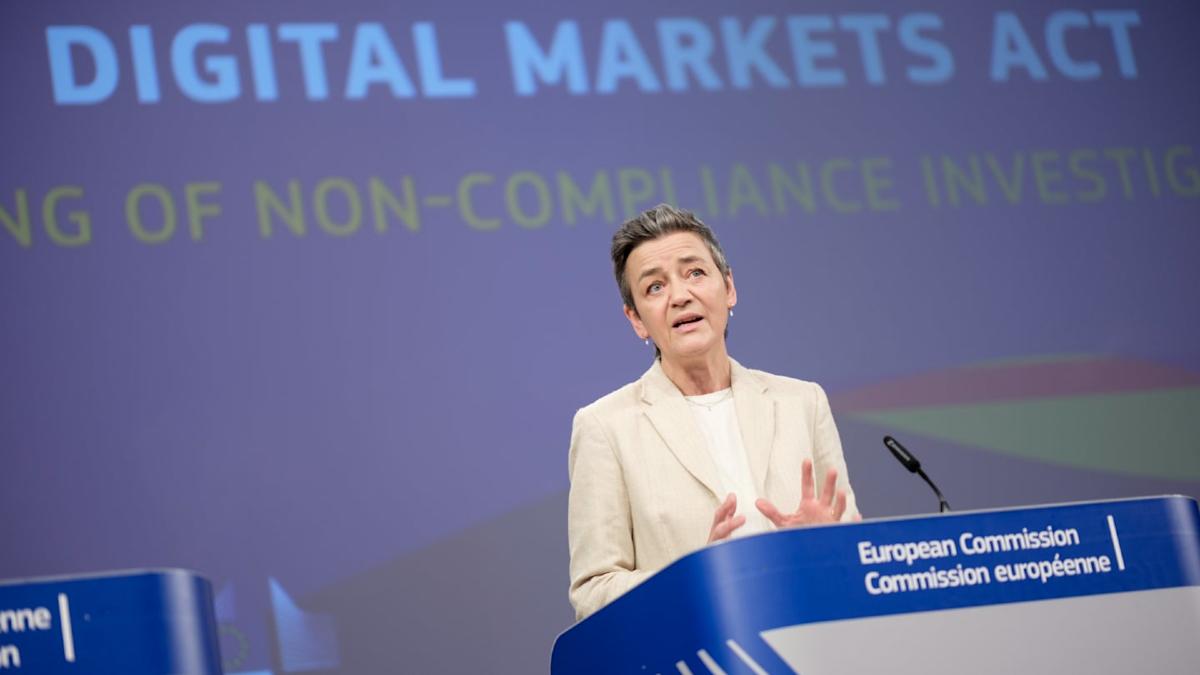Tensions between the US and the EU about antitrust and other digital regulation will continue to heighten under the second Trump administration and are likely to result in an escalating trade war within the tech industry, a new report forecasts.
GlobalData’s Antitrust report notes that US President Donald Trump views the EU’s Digital Markets Act (DMA) as “overseas extortion” of US companies but that Brussels has said it will make no concessions on its digital rules in trade negotiations with the US. It contends that Big Tech will be caught between these opposing views, with the DMA focussed on making the digital sector fairer and more contestable by regulating the power of “gatekeeper” companies in the sector.
“There will likely be an acceleration in DMA enforcement as the EU uses the threat of fines and sanctions as bargain chips in tariff negotiations with Washington,” the report states. “The result could be a damaging tit-for-tat trade war in the tech industry.”
Antitrust – efforts to avoid the over-concentration of power – is one of four sets of regulation that GlobalData expects to be specifically targeted in the coming years, the others being data privacy, online harm and AI ethics. There are six other areas it suggests will also gain attention from regulators but to a lesser extent: tax avoidance, misinformation, IP infringement, ESG, US-China sanctions and obstruction of justice.
Antitrust is an area of particular relevance to Big Tech due to the that power many major platforms and companies have built up within the industry and the advantage it affords them in maintaining competitive advantage.
The report notes that tech platforms can build userbases by offering valuable or popular services at no cost. This, it adds, would have historically placed them outside the interests of antitrust regulators, which were principally concerned with price. However, the non-transparent data and privacy practices of many platforms can be seen as a detriment to product quality, bringing antitrust into the equation.
Network effects can mean that new market entrants can struggle to compete against existing players. At the same time, large platforms can use data analytics from their large userbases to optimise performance in one way or another via data analytics, which often means that profit is prioritised over privacy and experience for the user.
With all this in mind, the report adds: “Existing competition laws were not conceived for the digital era, particularly when defining significant market power and anticompetitive practices. They have struggled to adapt to the challenges of the digital economy, where tech giants thrive thanks to their extensive, established customer networks and low-cost capital.”
Story Continues
